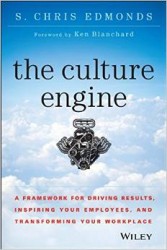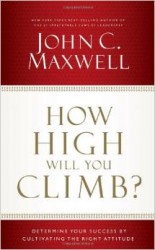Last week I took a vacation with my family to enjoy the lovely beaches of south Alabama. I was able to squeeze in a little reading, and here are the fruits of that labor. Today we have book review on Leadership in the Crucible of Work: Discovering the Interior Life of an Authentic Leader by Sandy Shugart, PhD (Amazon).
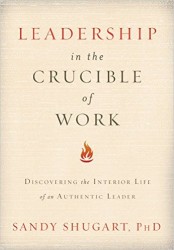 The book was interesting, and I read it like I mentioned in my previous post on reading for leaders. Here are a few insights from the book:
The book was interesting, and I read it like I mentioned in my previous post on reading for leaders. Here are a few insights from the book:
- Sometimes followers are as important as the leaders. The author talks about the importance of having a clear, strong leader in musical ensembles–an example I’ve never considered previously. Leaders jumping up to “take the reins” in those situations would hamper performance, not improve it.
- I think I wrote about this another time, but it bears repeating: leaders should ask themselves “Am I seeking genuine commitment from my associates, or deep down do I only want compliance?” There is a major difference in the two, and it would do us all well to think about the people we lead. How can we best garner commitment from them without forcing them into a mindset where they must comply blindly?
- Bouncing off the previous comment, if you truly want commitment, are you willing to give it yourself? Like so many things (respect, attention, value) when you want something, you have to offer it to others before it can be returned to you.
- Do you truly believe in the talent of those you lead? Do you believe they are great at what they do? Because if you spend all of your time thinking, “I could do that job better than them if I had time,” then you’ll never have a great team. And if they truly are not that great, consider replacing them. It’s not worth it to walk around all the time second guessing people.
- This quote:
The most dangerous thing about communication is the illusion it occurred.
- A note on the price of experience: “We run to the familiar. This is the price of expertise, the loss of the innocence of a beginner for whom nothing is familiar and so all choices are still possible.
- And finally, a note on collaboration. We hear the word often and are expected to just “know” what it means. But it doesn’t have the same definition in the mind of each person (hint: for some it looks like an opportunity for micromanagement under the veil of collaborative working). The author’s comment on it made me stop and consider my own method of defining what collaboration looks like: collaboration enlarges leaders and those being led; micromanagement diminishes both.
So, if you’re looking for a book on leadership with some good, thought-provoking takeaways, you might consider checking out Leadership in the Crucible of Work: Discovering the Interior Life of an Authentic Leader by Sandy Shugart, PhD (Amazon link).
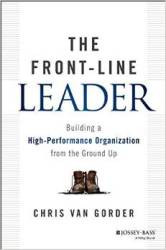
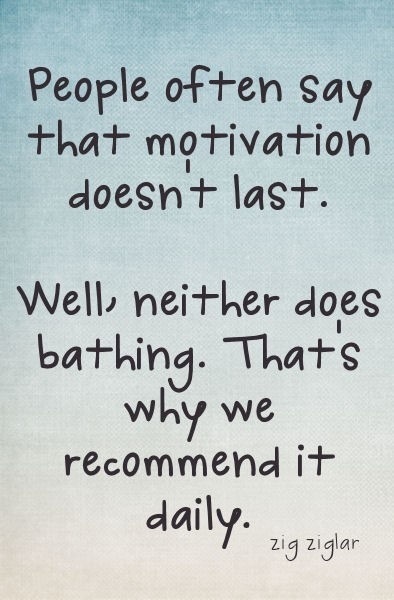 If it sounds silly to you to see it spelled out like that, I’d have to agree. Learning about this stuff isn’t a one-time thing. It’s like the great Zig always said: People often say that motivation doesn’t last. Well, neither does bathing. That’s why we recommend it daily.
If it sounds silly to you to see it spelled out like that, I’d have to agree. Learning about this stuff isn’t a one-time thing. It’s like the great Zig always said: People often say that motivation doesn’t last. Well, neither does bathing. That’s why we recommend it daily.